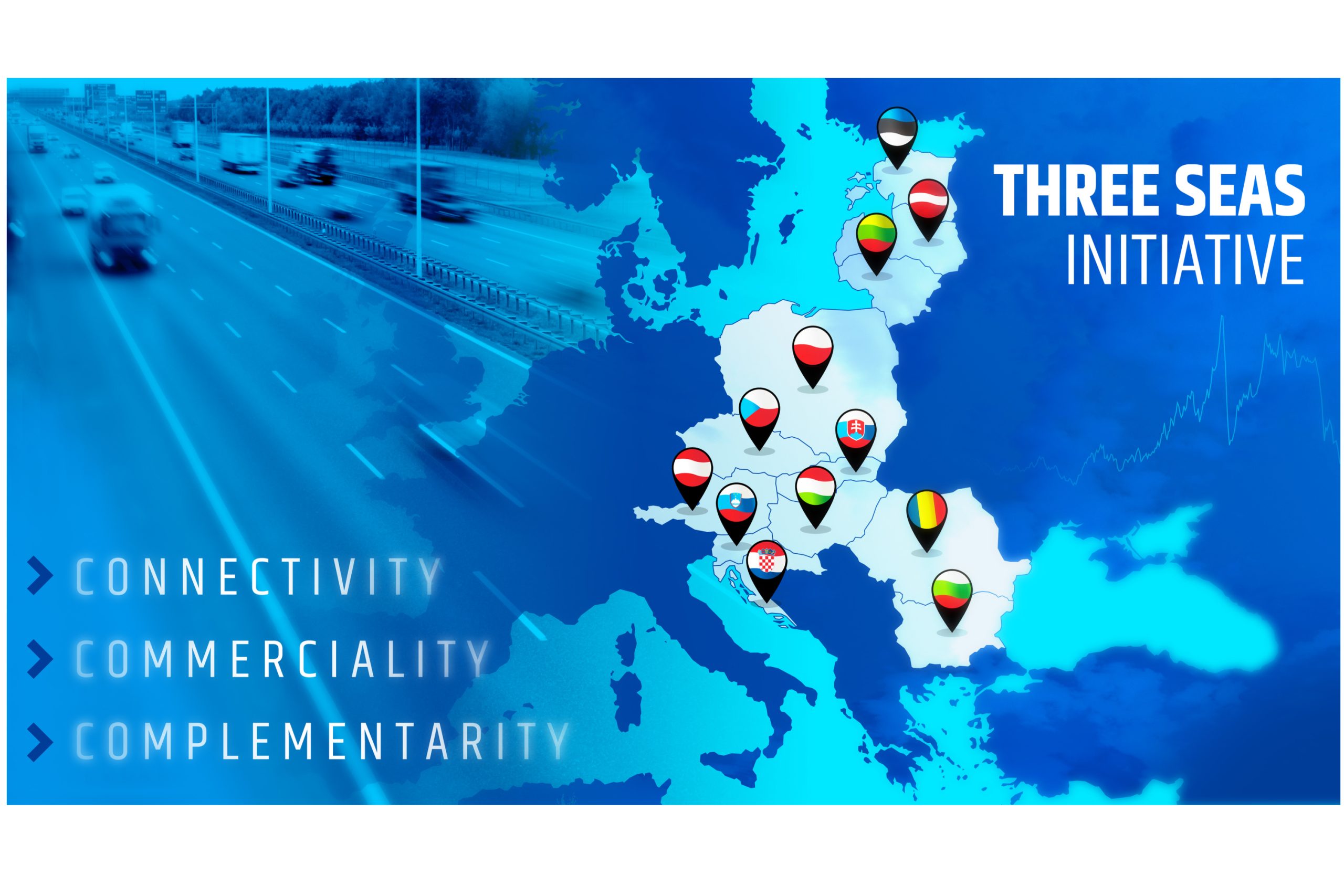Igor Munteanu, Researcher in Politics and Governance, Chairman of the Administrative Board, Institute for Development and Social Initiatives
On May 30, the European Parliament issued the Report on security in the Eastern Partnership area and the role of the common security and defence policy. The document underlines that sustainable peace and human security in the EaP region is essential for the EU.
Among other things, the document admits that the Three Seas Initiative (3SI) can serve as one of the formats for using investment that promotes mutual security and stability in critical infrastructure. The European Parliament believes that the Three Seas Initiative (3SI) should be opened to include EaP countries. The report also welcomes the will to explore enhanced sectoral cooperation in the field of energy security with interested EaP-associated partners.
StrategEast interviewed key experts from EaP countries. Here are the comments from Moldova.
What kinds of sectoral cooperation in the EU could best protect preserving critical infrastructure and energy security in your country?
The 3Seas initiative was born from the critical shortage of intra-regional cooperation projects, connecting three seas that are essential elements for future Europe. However, it is also called to cancel some of the perceived injustices. Since the assembled block of the Central and Eastern European countries of this region joining the Baltic, Black Sea and Adriatic Seas account for 28% of the EU territory and 22% of the population, but only 10% of the EU GDP.
Moldovan governments voiced interest in joining the initiative, consisting today of 12 EU member states from Adriatic-Black Sea – Baltic seas. On January 12, 2021[1], Presidents of Ukraine and Moldova issued a joint statement, announcing they would like to join 3Seas initiative. Both countries underline their will to boost their integration into the EU, aspiring to diversify their energy resources, fostering development of the transport and digital infrastructure. In January 2022, both Romania and Moldova signed a number of agreements related to the operation of the gas pipeline Iasi-Chisinau, aimed at operating an alternative source of gas supply to Moldova to the existing Russian – owned monopolist.
Moldovan infrastructure is largely underdeveloped, hampering trade and economic development, therefore, every transportation hub or investment is important and valued. Moldova sees modernization of the railways as a priority, which includes but is not limited to the changing of the track gauge to European standards. Another priority is to strengthen energy independence, as a shield against Russian vested interests, transliterated into market monopolies exercised by Gazprom on electricity and gas supplies, having direct consequences upon Russian influence of its proxies in the separatist region of Transnistria. It also considers new infrastructure projects related to energy generation, renewable energy, telecommunications, roads and bridges that will rediscover transportation corridors east-west. Every single project of this kind will translate into economic gains and enhanced citizens’ satisfaction with EU.
Do you believe that your country can benefit from entering the Three Seas Initiative?
Yes, I truly believe that the 3Seas initiative can bring considerable benefits to the integration of Moldova. We depend on connectivity, adaptation to the regional markets and tight partnerships with EU. Stronger economic and logistical connections are believed to faster recovery from devastating effects of the Covid19 and continuous dilapidation of the state assets in transportation. Russian threats have increased with the war in Ukraine and pose a serious threat to Moldova’s national security. Energy is one of the most important vulnerabilities; therefore identification of new alternative power and gas supplies is of strategic value.
[1] Joint statement by President of Ukraine Volodymyr Zelenskyy and President of the Republic of Moldova Maia Sandu — Official website of the President of Ukraine




